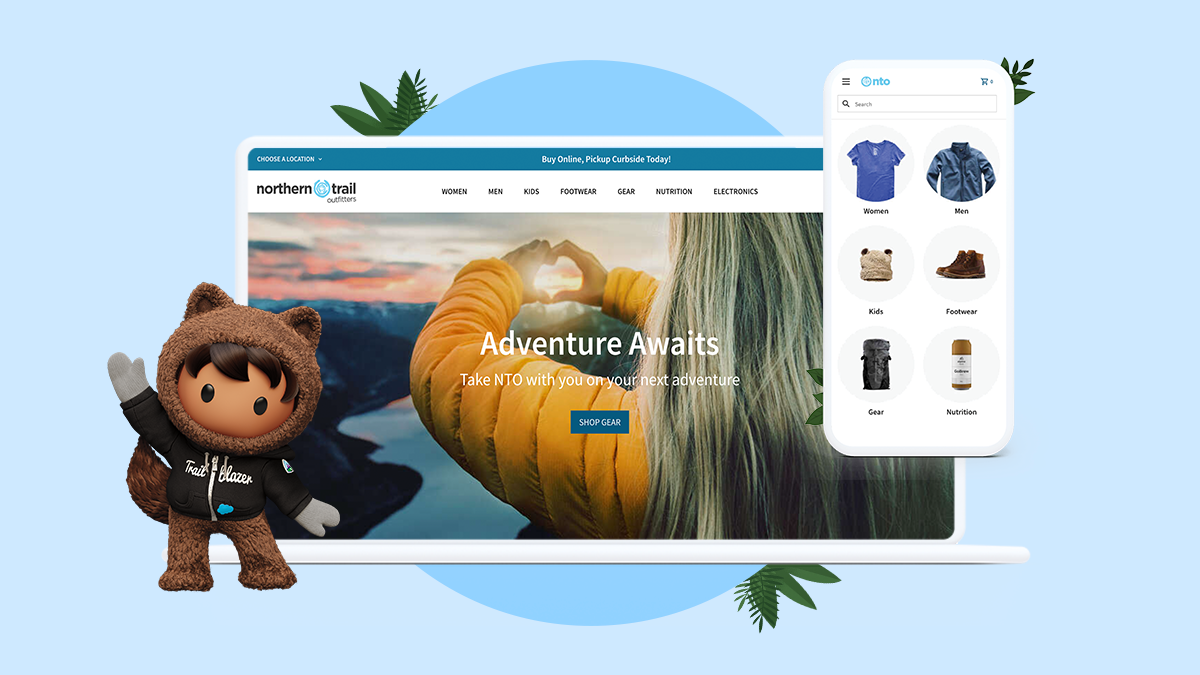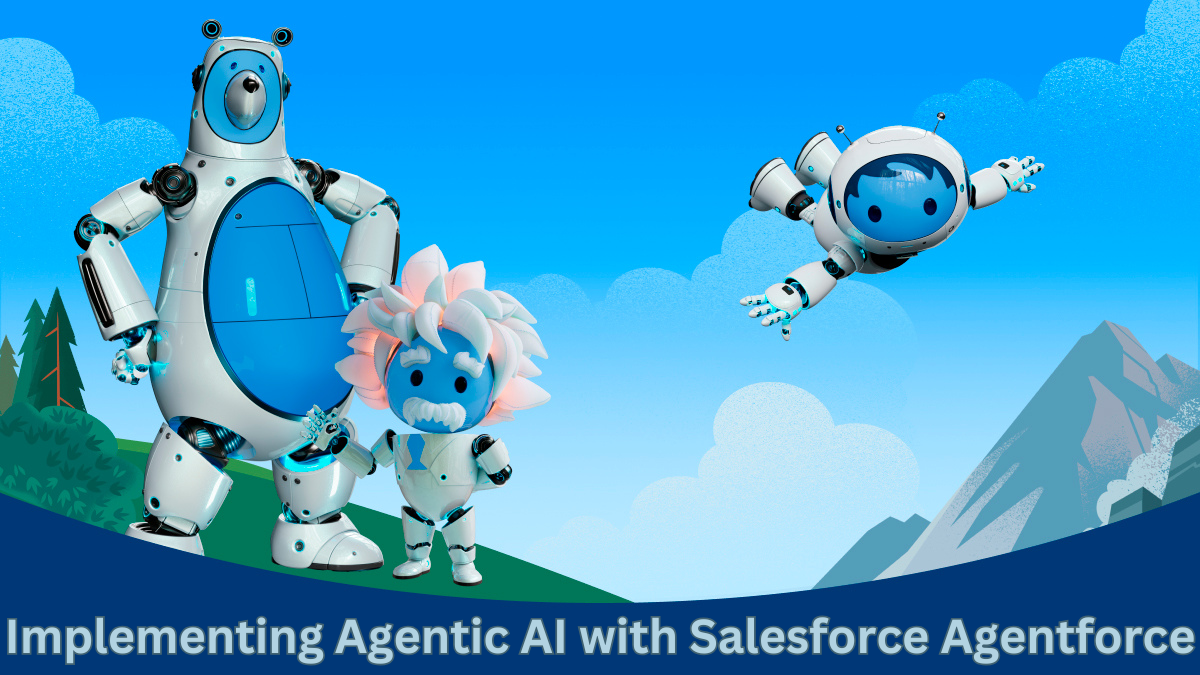In today’s digital-first economy, businesses across industries are shifting from one-time transactions to recurring revenue models. Subscriptions, usage-based pricing, and flexible billing have become the new standard, offering companies predictable revenue streams while giving customers flexibility and long-term value.
But managing these models efficiently is no small task. From billing cycles to renewals and mid-term amendments, businesses often face operational bottlenecks without the right tools in place. That’s where Salesforce Revenue Cloud comes in—a unified solution designed to simplify subscription management and optimize the customer revenue lifecycle.
In this blog, we’ll take a deep dive into how Salesforce Revenue Cloud enables businesses to seamlessly manage recurring revenue models, covering billing, renewals, and amendments in detail.
Understanding Subscription Management in the Digital Era
Subscription management goes beyond charging customers on a monthly or yearly basis. It involves handling:
- Complex pricing models (flat-rate, tiered, usage-based, hybrid)
- Multiple billing cycles (monthly, quarterly, annually, or custom)
- Mid-term changes (upgrades, downgrades, add-ons, suspensions)
- Customer retention and renewals
Without automation, these processes quickly become error-prone and resource-intensive. Businesses need a platform that integrates sales, finance, and customer success teams to deliver a frictionless subscription experience.
Salesforce Revenue Cloud: The Subscription Engine
Salesforce Revenue Cloud combines CPQ (Configure, Price, Quote), Billing, and Subscription Management into one platform. It enables organizations to deliver a unified revenue lifecycle—from the first customer quote to recurring billing and long-term renewals.
Here are the core areas where Salesforce Revenue Cloud transforms subscription management:
1. Subscription Billing Made Simple
One of the biggest challenges for recurring revenue businesses is billing flexibility. Salesforce Billing, a key component of Revenue Cloud, provides:
- Automated Invoicing: Generate invoices automatically based on subscription terms, usage, or milestone completions.
- Multiple Pricing Models: Supports flat-rate, usage-based, or hybrid billing scenarios.
- Proration: Handles billing adjustments for mid-cycle upgrades or downgrades.
- Consolidated Billing: Customers with multiple subscriptions or products receive one unified invoice.
This ensures accuracy in revenue recognition and saves finance teams countless hours.
2. Seamless Renewal Management
Customer retention is the lifeline of subscription-based businesses. However, renewals often become a weak link due to lack of automation and visibility. Salesforce Revenue Cloud addresses this with:
- Automated Renewal Workflows: Create and manage renewal opportunities before contracts expire.
- Flexible Renewal Terms: Adjust contract lengths, pricing, and discounts easily.
- 360° Customer View: Sales teams can access real-time data about usage, billing history, and support cases to personalize renewal strategies.
- AI-Driven Predictions (via Salesforce Einstein): Identify customers at risk of churn and proactively engage them.
By turning renewals into a strategic touchpoint, businesses can improve retention and grow lifetime value.
3. Handling Amendments with Ease
Subscription customers expect flexibility—whether they want to upgrade, downgrade, add features, or pause services. These mid-term changes (amendments) can complicate billing and revenue tracking.
Revenue Cloud simplifies this process with:
- Amendment Management: Update subscription terms mid-cycle without creating duplicate contracts.
- Automated Prorated Billing: Adjust invoices accurately when customers change their plans mid-billing period.
- Audit Trail: Maintain full visibility into what changed, when, and why for compliance.
- Customer Self-Service Portals: Empower customers to make subscription changes themselves through Salesforce Experience Cloud integration.
This agility reduces manual errors, improves customer satisfaction, and ensures accurate revenue reporting.
Benefits of Subscription Management with Salesforce Revenue Cloud
Implementing Revenue Cloud for subscription management provides multiple business advantages:
- Revenue Accuracy: Eliminate manual errors and ensure compliance with ASC 606 and IFRS 15 standards.
- Operational Efficiency: Automate complex processes across sales, finance, and operations.
- Scalability: Support multiple business models—B2B, B2C, or hybrid—under one system.
- Improved Customer Experience: Provide transparency and flexibility to customers, driving satisfaction and retention.
- Data-Driven Growth: Access actionable insights into churn, usage trends, and revenue forecasting.
Real-World Use Cases
- SaaS Companies: Managing tiered pricing, free trials, and usage-based billing.
- Telecom Providers: Handling large volumes of subscriptions with mid-term plan upgrades.
- Manufacturers: Offering subscription-based after-sales services (e.g., predictive maintenance).
- Media & Entertainment: Managing renewals and flexible content access tiers.
Final Thoughts
As the world moves increasingly toward subscription-first business models, companies can no longer afford manual processes and siloed systems. Salesforce Revenue Cloud provides the automation, visibility, and scalability needed to succeed in the subscription economy.
By streamlining billing, renewals, and amendments, it empowers businesses to not only maximize recurring revenue but also deliver an exceptional customer experience.
For organizations looking to scale subscriptions with efficiency and accuracy, Salesforce Revenue Cloud is not just a tool—it’s a game changer.




